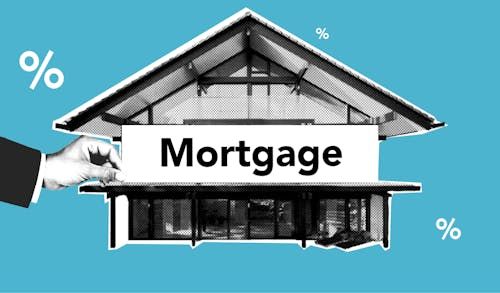Private lenders are individuals or institutions that offer funds directly to investors. They have fewer restrictions and quicker approvals.
These lenders may include wealthy individuals, investment groups, or private equity firms seeking higher returns than those offered by traditional investments. For property developers and real estate investors aiming to scale quickly, private lending provides flexible capital.
Here’s how to secure private lending in real estate.
1. Personal and Professional Networks

The most effective way to find private lenders is through networking. Many operate discreetly and rely on referrals instead of advertising. Start by reaching out to your investment circles, real estate forums, or even friends and family with experience in property deals.
Professionals like real estate agents, financial advisors, and property lawyers have connections to lenders looking for solid opportunities. Attending local business meetups or property expos ,such as the Kenya Homes Expo, can also help you meet potential lenders in person.
2. Chamas and High Net Worth Individuals

Investment clubs, commonly known as chamas, pool funds for business and property ventures. Some established chamas now lend privately to vetted developers or investment groups.
Similarly, high net-worth individuals (HNWIs) with idle capital are increasingly open to lending it out, especially when presented with a promising, detailed investment proposal.
3. Real Estate Finance Brokers and Consultants

Real estate consultants and brokers maintain relationships with a network of private lenders. These professionals can match you with the right lender and help structure a deal that suits both sides. Some specialize in alternative financing and assist with documentation, risk evaluation, and negotiation strategy.
While you might pay a facilitation fee, brokers help you secure funding faster than going directly to banks especially helpful in sensitive deals like land purchases or off-plan developments.
4. Real Estate Investment Trusts (REITs) and Micro-lenders

Though not always classified as private lenders, REITs and licensed microfinance institutions (MFIs) sometimes offer bridge loans or project based lending for real estate developers. They operate more flexibly than banks and do not require the same level of collateral.
5. Law Firms and Title Companies

Lawyers who specialize in land and property transactions have insights into private financiers or clients who lend on the side. They also ensure your deal is legally binding, which can make private lenders more comfortable working with you.



